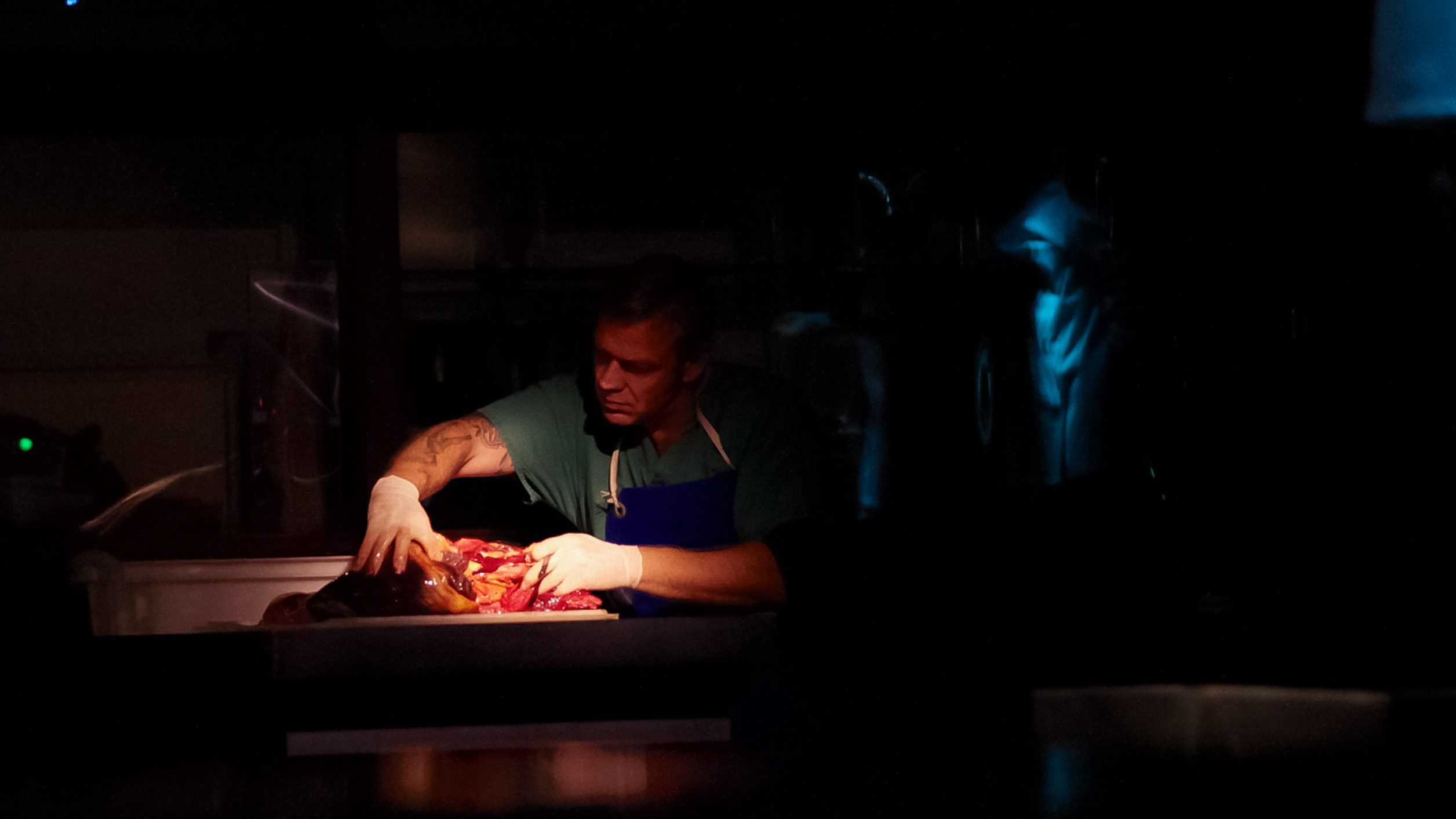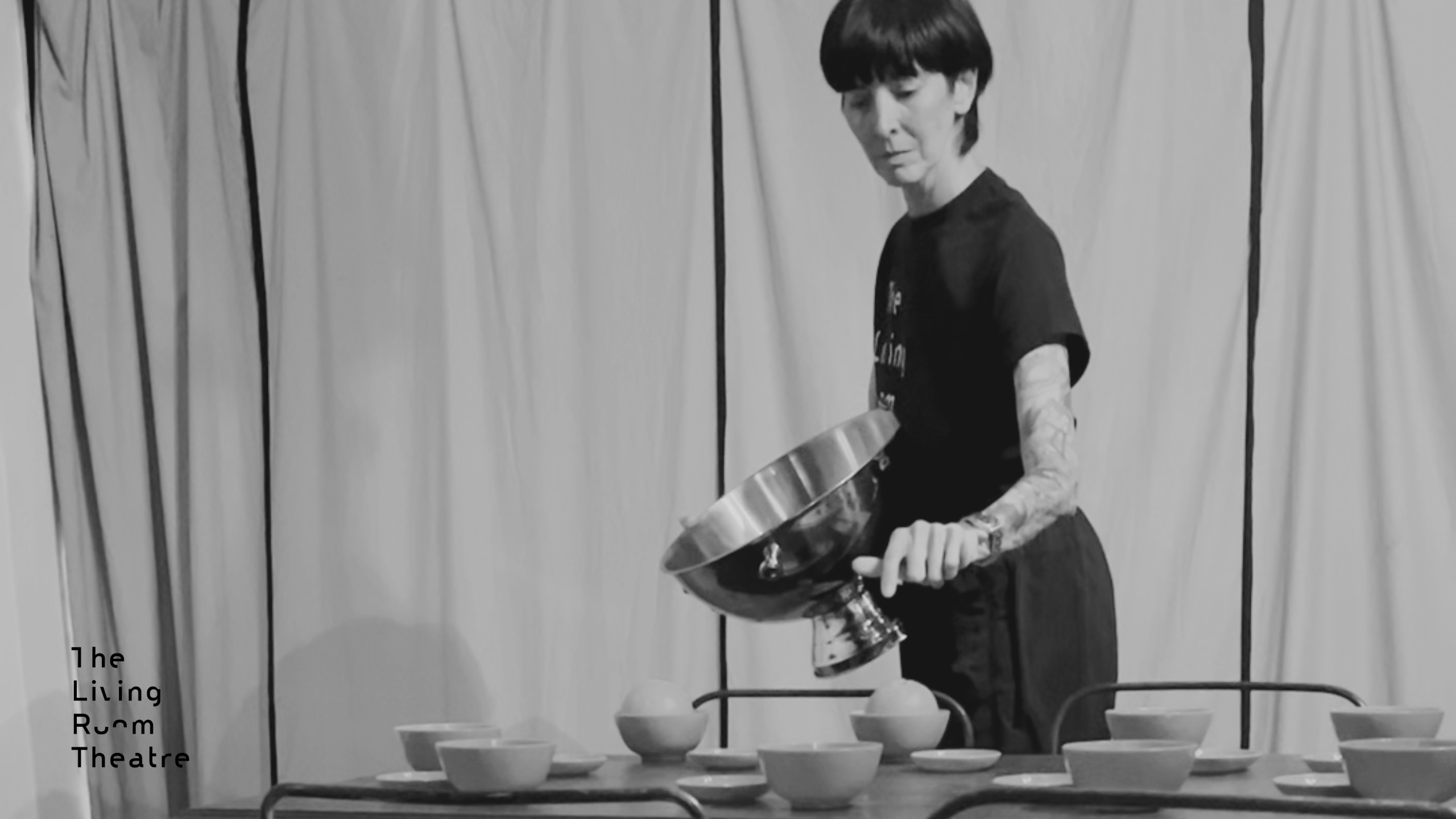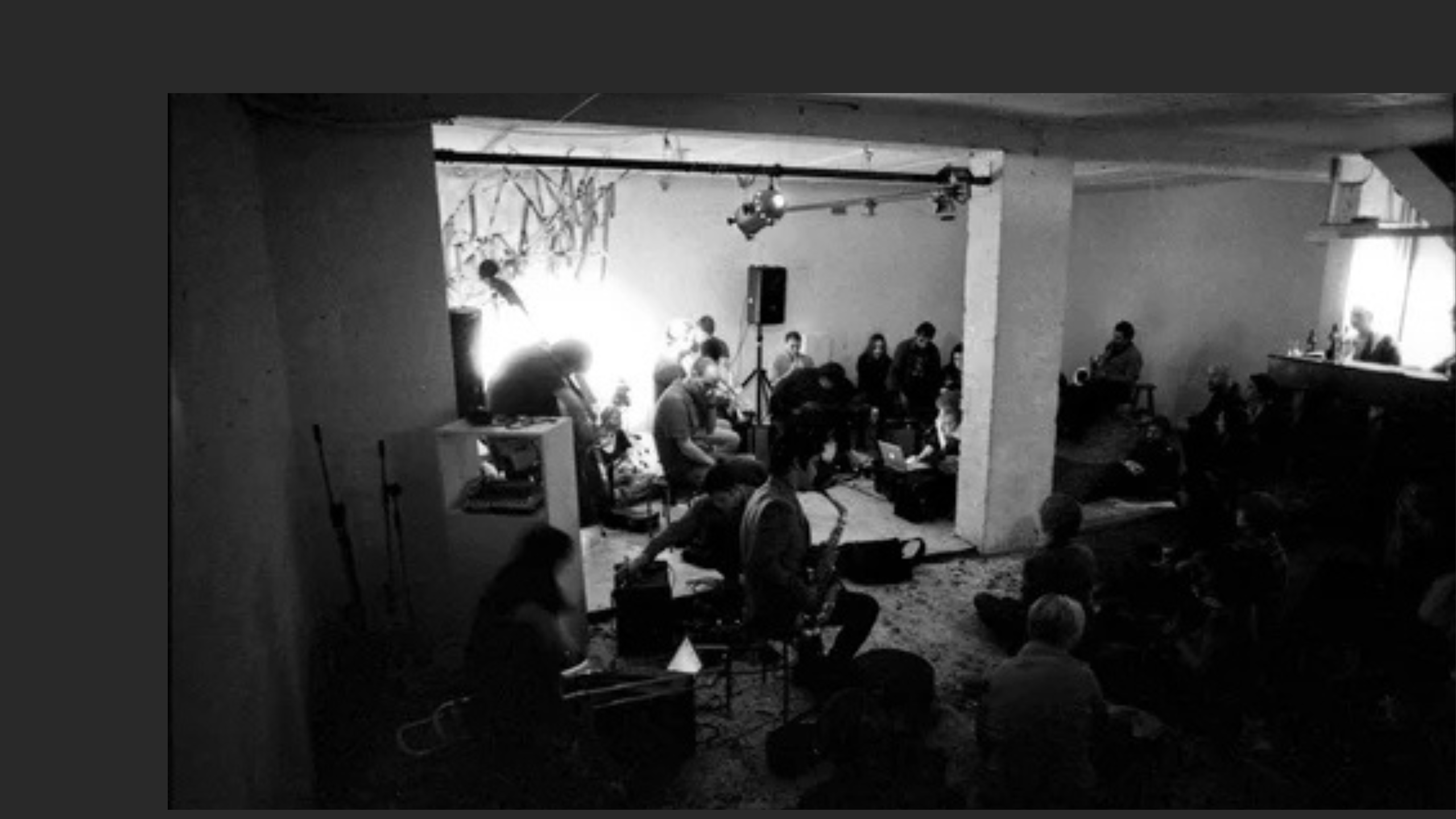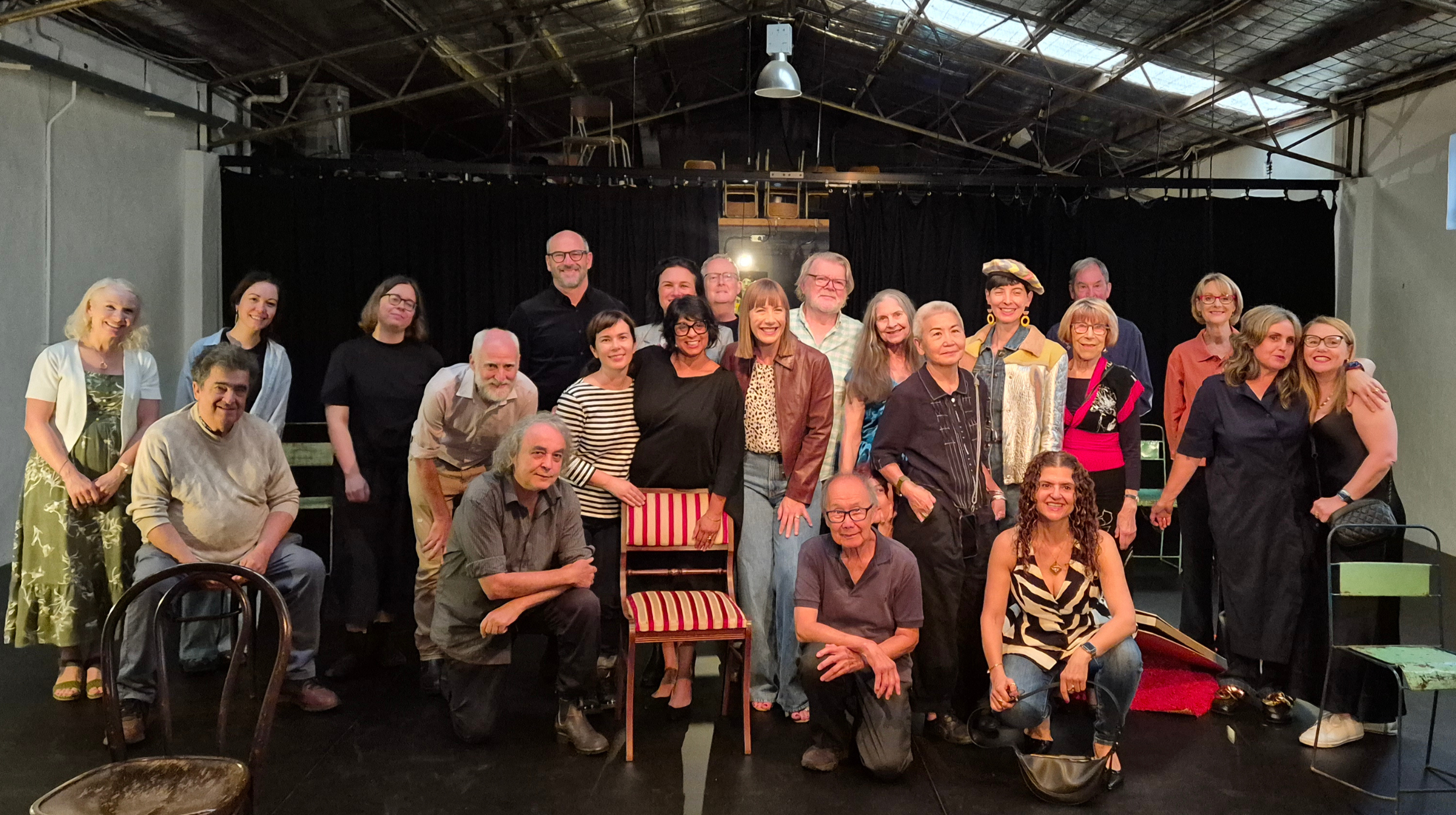
Reckoning with food violence
14.06.2022
Scholar-in-residence Professor Alana Mann, gives us a snapshot of her work on food and violence.
Food is a lens for exploring forms of violence, from the structural violence of unemployment to the uncontrolled, yet sanctioned, violence of markets.
Hunger and violence are causally, carelessly, linked. Famine is an outcome of conflict and supply-induced scarcity drives violence. Dependence on an abusive partner for access to food or the money to buy it influences a woman’s decision to leave, or stay.
Food is a source of control. And food crimes often go unpunished.
Our modern food system is founded on the slow violence of plantation agriculture. Slavery is still rife in commodity supply chains. Our consumption of our favourite foods – chocolate, coffee, tea – depends on slavery, forced labour, illegal child labour and deception. Food corporations and governments divert, distract us from these abuses.
Racialised land and labour relationships echo with long histories of violence and dispossession. Aboriginal communities were decimated within the first years of colonisation through disease and poisoned foods and waterholes. Today Aboriginal health continues to be devastated in a food system where corporate profit is more important that human health. Technologies of power like the cashless welfare card and other conditionality programs individualise responsibility while market environmentalism deprive communities of access to their traditional, healthy food baskets and entire cultures. Of dignity, gastronomic and otherwise.
These and other forms of food apartheid are witnessed all over the world, in the planning of our cities, in the marginalisation of farm labourers and food workers, unable to afford the very food they provide. In factory farms and meat processing plants workers, like the animals they handle, become disposable commodities. Farming is one the most hazardous industries worldwide in monocultures demanding extensive use of toxic chemical inputs that destroy ecosystems and produce evermore GHG emissions. Their outputs are combined in ultra-processed foods that play out an insidious violence on all our bodies, triggering flavour-feedback mechanisms to cause cravings, the Dorito Effect.

Where is the reckoning with those who profit from these preventable deaths? When the scale of the atrocities threaten to close off narratives completely?
Professor Alana Mann is Head of Discipline, Media, in the School of Creative Arts and Media within the College of Arts, Law and Education at the University of Tasmania. She is an interdisciplinary scholar researching the power relations between media, governments, institutions, and citizens in the field of food politics
Anastasia Mortimer is an editor and writer for The Living Room Theatre. She is studying for a PhD in climate change studies, disaster-induced human displacement, and social vulnerability. Her research and activism draw attention to societal issues that continue to be ignored.


